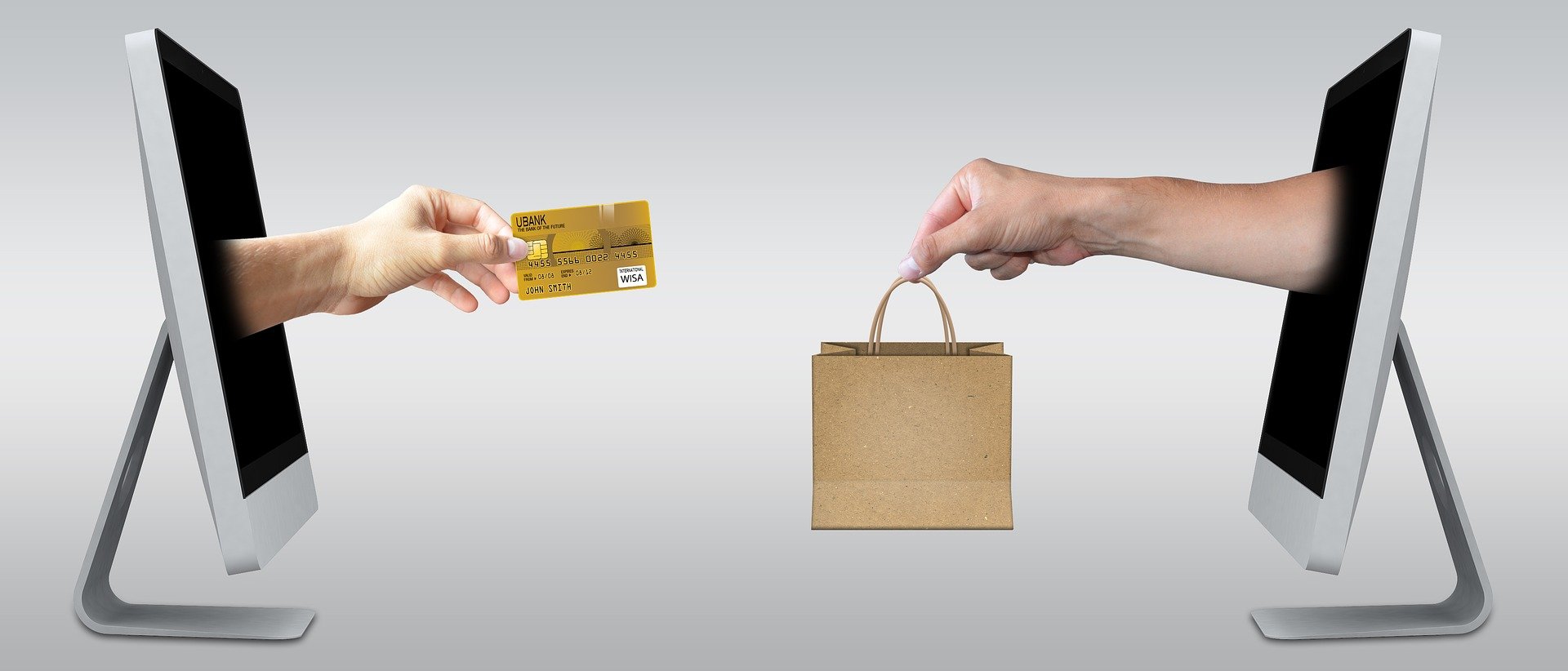Untact
Korea's highly homogeneous and 'high context' culture seems like the least likely environment for the emergence of a contactless society. However, Korea has been developing a contactless culture for quite some time. The COVID-19 pandemic has shifted its development into high gear. This new contactless way of living has led to the term untact. Seoul National University professor Kim Kando is credited with creating the term in 2017 to describe the digitalization of life and the changes it has brought about. The pandemic has brought the term into the mainstream.
Examples of untact are ubiquitous. Public transportation long ago adopted 'touch & go' technology, paying cash remains possible but cumbersome (and costs more). Intercity train passengers, as long as they sit in their assigned seats, remain undisturbed by the conductor for the entire journey. HiPass cameras automatically process highway tolls. License plate recognition technology has eliminated parking attendants. Closer to home, shopping has gone mobile so motorcycles dart around the cities delivering every conceivable product from delicate electronics to ice cream cones! Grocery shopping is now done online and not in the aisles of supermarkets. Market Kurly boasts that any food order placed by 11 pm will be on your doorstop by 7 am the next day. Virtually every restaurant menu is available online. With a single smartphone app, a consumer can order their choice of items, pay for the transaction and have them delivered in a matter of minutes. Customers who decide to venture into a restaurant in person are likely to select the venue on their mobile phones and read reviews on their way there. When they arrive at the restaurant, they often find electronic menus at the entrance or, perhaps, at each table. In some restaurants, the meal is served by robots. You can use Samsung pay by taping your phone on the card reader or scan your QR for Zero Pay. (Watch this space for more information on electronic payment systems.)

Source: pixabay
How did this happen? For the past two decades or more, Korea has been building the infrastructure needed to create this ecosystem. The government invested heavily in fiber optics towards the end of the 20th century and by the year 2000, Korea had the highest density of installed cables in the world, both by area and population. Cash transactions have been replaced by digital payments, primarily motivated as a means towards transparency and to stop the 'leakage’ of tax revenue. Korea's byzantine physical address system pushed everyone to GPS. High-speed internet is available everywhere and WiFi is usually free to use. The rise of smart phones was the last piece of the digital puzzle. Korea was the first country to roll out 5G nationwide. Commerce has moved away from bricks and mortar to "1s" and "0s".
Today, politicians can be seen touching elbows rather than shaking hands. Companies have replaced physical meetings with video calls even for people in the same office. Even many octogenarians are at home manipulating their smartphones and receiving nearly instant gratification. But in the midst of the pandemic and the surge in untact, Korean social culture is pervasive. Businesses still promote togetherness. Citizens are encouraged to provide feedback, to participate in events virtually and to interact with each other on-line. Interestingly, this has resulted in the coining of yet another new term – ontact. (Watch this space for how ontact will further shape Korean social and business culture.)
Suite 1705, Officia Building, 92, Saemunan-ro, Jongno-gu, Seoul, Republic of Korea 03186
|